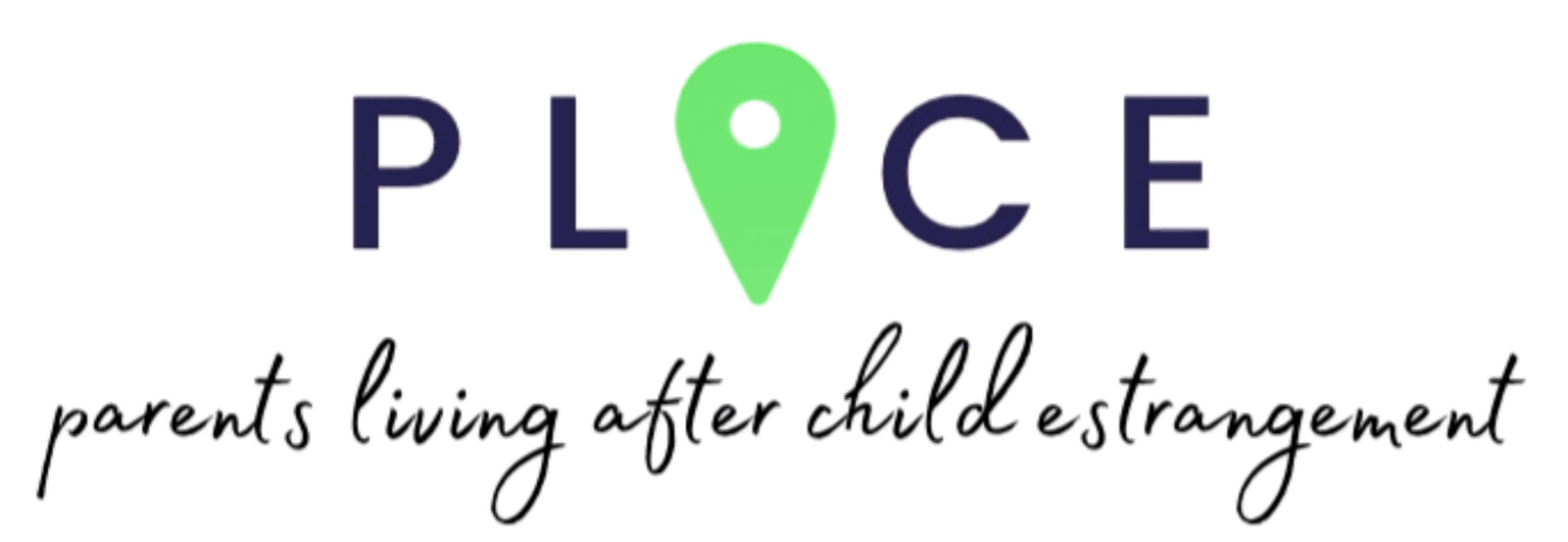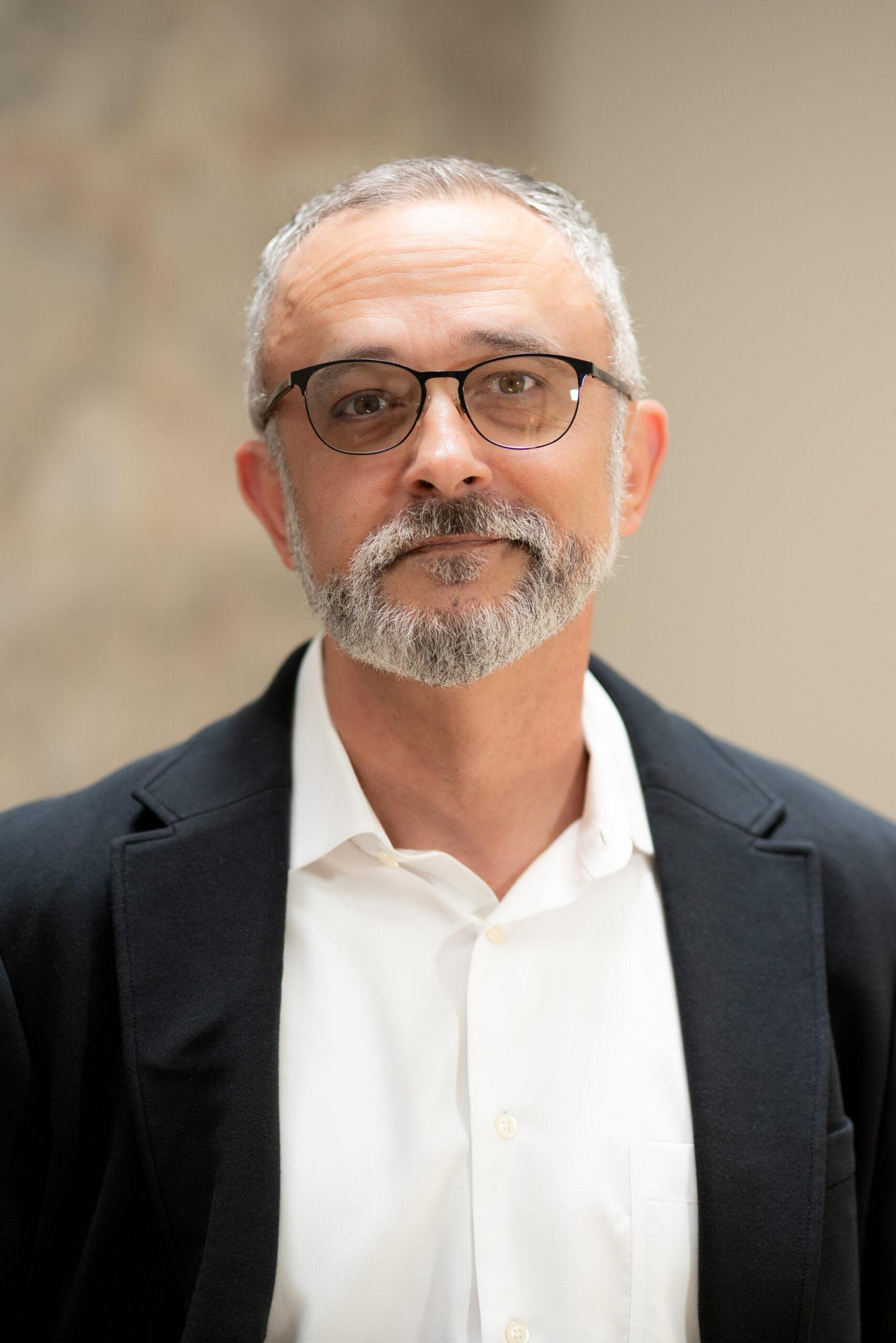Hi, I’m Brian Briscoe.
If you’re reading this, it probably means that something in your life has been heavy for a long time. Maybe you’ve been carrying it quietly, maybe you’ve cried about it in secret. Maybe you’ve told no one.
You haven’t spoken to your adult child in years.
And you’re not sure if you ever will again.
That kind of silence—stretched across birthdays, holidays, life milestones—is a silence that echoes. It raises questions that won’t go away:
“What happened?”
“Was it something I did?”
“Do they even think of me?”
“Will this ever change?”
If this is your reality, I want to begin with one truth: You are not alone.
Parental estrangement is more common than most people realize. But because it’s wrapped in shame, judgment, and taboo, many parents suffer in silence. PLACE (Parents Living After Child Estrangement) exists because no one should have to carry this pain alone.
Let’s talk about what it means to go years without speaking to your child—and what healing might look like for you.
The Pain of Prolonged Estrangement
You don’t need a therapist to tell you that estrangement hurts. But it’s a specific kind of grief—one that doesn’t follow any predictable stages or offer any clean closure.
It’s not like grieving someone who has passed away.
Your child is still alive, out there somewhere. And yet, they’re gone from your life.
That can create a unique emotional limbo:
- You may grieve their absence every day… and still hold out hope they’ll reach out.
- You may rehearse every word of your last conversation… and still not know what went wrong.
- You may try to move forward… and find yourself paralyzed by guilt or confusion.
This pain doesn’t have an expiration date. And unfortunately, many estranged parents find that the longer the silence stretches, the harder it is to talk about it. Friends may stop asking. Extended family may choose sides. Others may oversimplify the issue—assuming you’re to blame, or that “kids just come back eventually.”
But here’s what I want you to hear:
The length of time you’ve been estranged does not erase your love, your efforts, or your right to heal.
Whether it’s been five years or twenty, this still matters. You still matter.
How Did We Get Here?
One of the most painful parts of long-term estrangement is the feeling of not knowing.
Maybe there was a slow drifting apart. Maybe there was a single rupture that exploded everything. Maybe you saw it coming. Maybe it blindsided you.
The reasons adult children become estranged from their parents are complex:
- Boundaries that were never modeled or respected
- Unhealed generational trauma
- Differences in values or identity
- Unresolved conflict around divorce, finances, religion, or parenting
- The influence of a spouse or partner
- Past emotional or physical harm (real or perceived)
Sometimes, estrangement happens without a clear reason. The child doesn’t explain, or the explanation is so vague or abstract that the parent is left spinning.
Whatever your story, here’s something important to hold onto:
You are allowed to grieve the estrangement even if you don’t fully understand it.
Understanding may come slowly—or not at all. Your worth and right to process this pain are not dependent on having all the answers.
What To Do When It’s Been Years
1. Tell the Truth (To Yourself)
Start by being honest with yourself. What is this silence doing to you? Where does it hurt? What are you holding in?
Many parents try to protect themselves from despair by avoiding the topic. But unspoken grief tends to leak out in other areas: health issues, anxiety, depression, strained marriages, or explosive emotions.
Give yourself permission to feel what’s real—whether it’s sadness, rage, shame, guilt, fear, or numbness.
You cannot heal what you’re unwilling to name.
Writing about it, speaking to a therapist, or joining a group like PLACE can help bring your pain into the light, where it can begin to shift.
2. Stop Waiting to Start Healing
One of the most common patterns I see in estranged parents is this:
“I’ll be okay once they come back.”
That belief makes total sense. Reconnection feels like the fix, the balm, the relief. But if reconciliation isn’t coming—or isn’t coming soon—you’re left on hold indefinitely.
That’s why at PLACE, we focus on healing whether or not your child ever reaches out again.
Because your life matters.
Your peace matters.
Your healing doesn’t have to wait.
You can begin today—by setting boundaries that protect your heart, exploring your identity outside of the parent-child relationship, and working through grief in a supported environment.
3. Examine, Don’t Self-Blame
There’s a difference between self-reflection and self-destruction.
Yes, sometimes parents need to look at past mistakes. But examining your story should lead to clarity and responsibility—not shame.
Ask:
- Are there things I would do differently now?
- Have I apologized when needed?
- Have I allowed space for my child’s emotions, even if I disagree?
Then also ask:
- Have I extended myself more times than is healthy?
- Am I internalizing blame that isn’t fully mine?
- What are my values, and how can I live by them now?
Estrangement doesn’t mean you were a terrible parent. It means something in the relationship broke down—sometimes over many years, in ways you couldn’t see.
4. Focus on What You Can Control
You cannot control your adult child’s choices.
You can’t force a phone call, a text, or a visit.
You can’t rewrite the past.
But here’s what you can do:
- Choose how you show up in your own life today
- Create boundaries around how others speak to you about the estrangement
- Build rituals that honor your grief but also allow you joy
- Seek support from people who don’t judge or shame you
- Find purpose beyond this one painful relationship
It’s not about “getting over” it. It’s about reclaiming your power and peace, one moment at a time.
What If Reconnection Happens Later?
It might.
Some adult children do reach out after years of silence. But reconnection isn’t always smooth. It can be confusing, awkward, emotional, or even short-lived.
That’s why long-term estrangement work isn’t just about grieving—it’s also about preparing.
Preparing to:
- Respond with boundaries, not desperation
- Ask questions instead of making assumptions
- Share accountability without over-apologizing
- Move slowly, with realism and care
- Protect your mental and emotional health throughout
And if reconnection never comes, that work is still valuable. It’s how you stay grounded in who you are, no matter what.
You’re Still a Parent. And You’re Still a Person.
One of the hardest parts of long-term estrangement is the identity loss. If parenting was central to your life, what happens when that role is taken from you?
Here’s what I want to offer you:
Estrangement doesn’t erase your parenthood. It doesn’t erase your humanity.
You still have love to give.
You still have wisdom to offer.
You still have the right to joy, connection, and a future that belongs to you.
At PLACE, we don’t pretend to have easy answers. But we do offer support, community, and strategies that help you breathe again. That help you build something new—even if something precious remains missing.
Final Words: There’s Still Life After Silence
You haven’t spoken to your adult child in years. That sentence holds a universe of pain.
But it doesn’t have to be the end of your story.
You can grieve without giving up.
You can let go without closing your heart.
You can honor your child and honor yourself.
Whether or not reconciliation happens…
Whether or not the silence ever breaks…
You are worthy of peace.
And if you’re ready, I’d be honored to walk with you toward it.
—Brian







